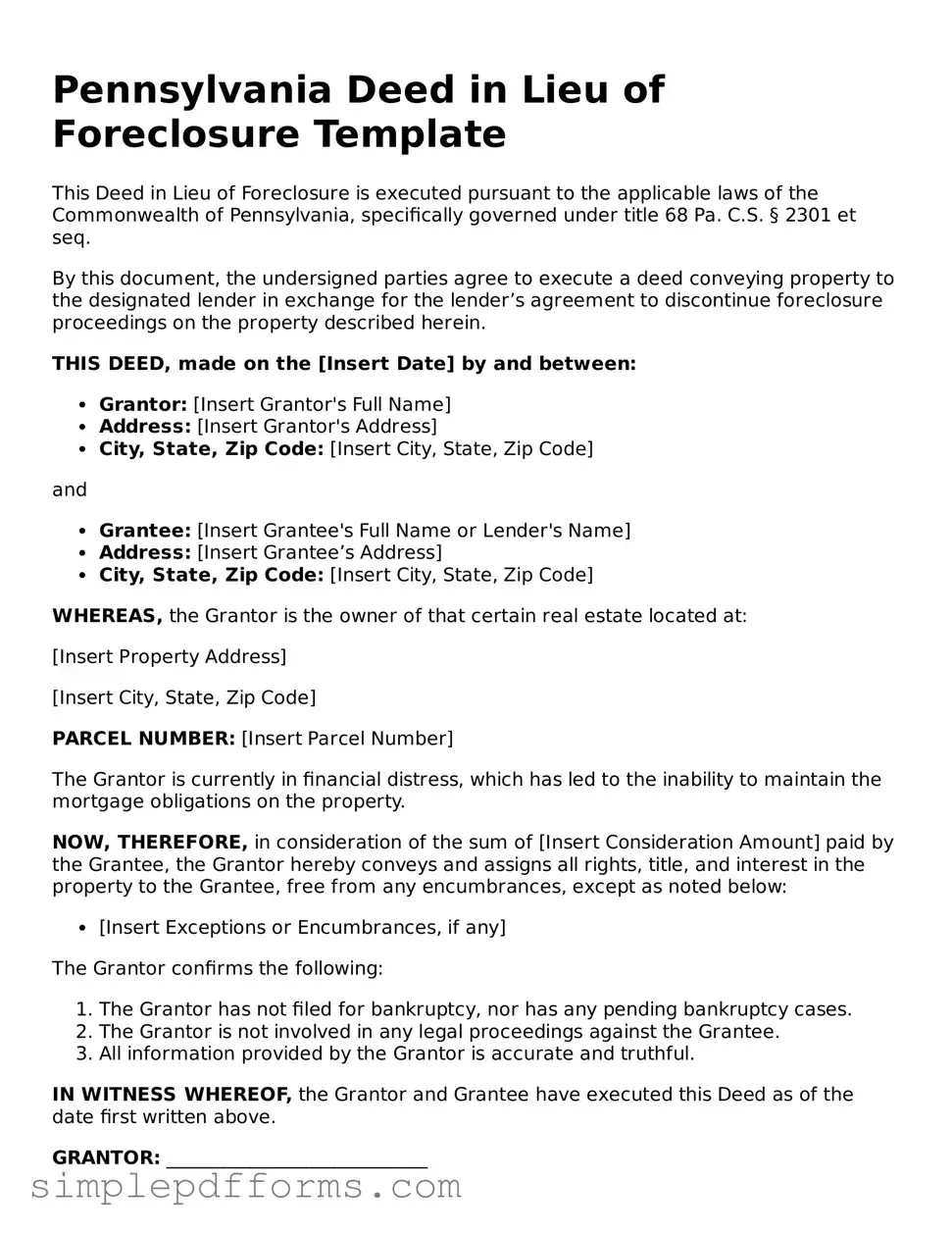Attorney-Verified Deed Document for Pennsylvania State
A Pennsylvania Deed form is a legal document used to transfer ownership of real estate from one party to another. This form outlines the details of the transaction, including the property description and the names of the parties involved. Understanding its components is essential for anyone engaged in real estate transactions in Pennsylvania.
Open Deed Editor Now

Attorney-Verified Deed Document for Pennsylvania State
Open Deed Editor Now

Open Deed Editor Now
or
Get Deed PDF Form
Your form is waiting for completion
Complete Deed online in minutes with ease.